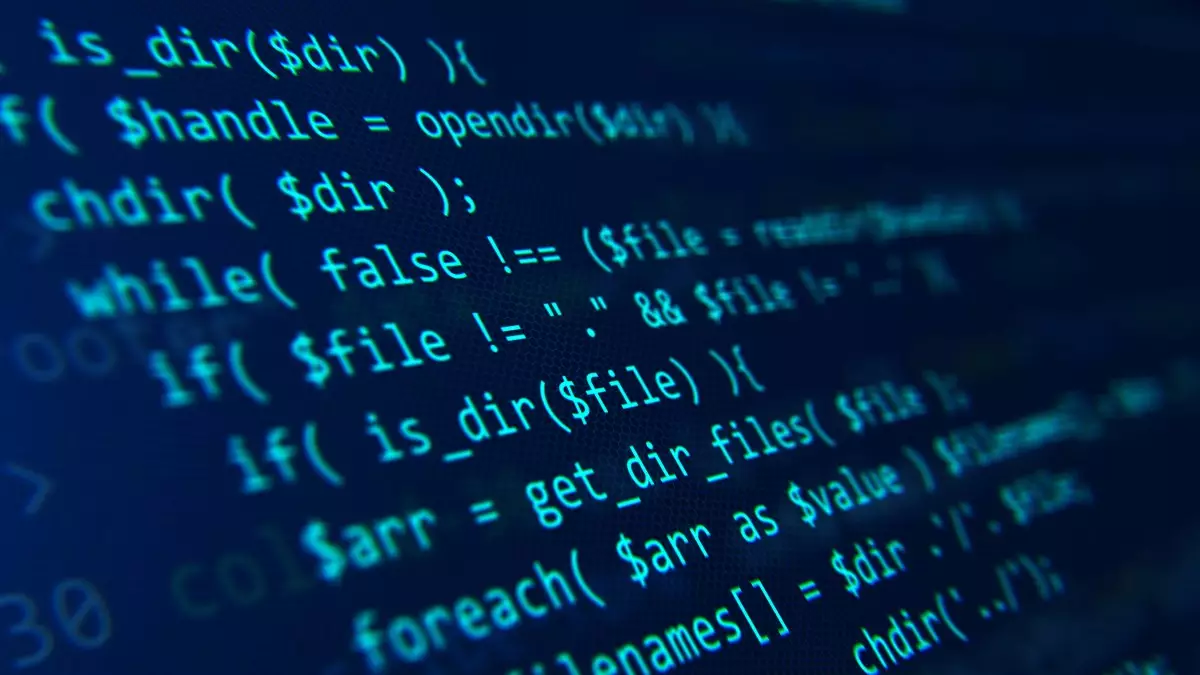In recent years, artificial intelligence has transformed the landscape of software development. The ascendance of AI coding assistants signifies a monumental shift in how developers approach programming tasks. According to a recent GitHub poll, a significant majority of developers are integrating AI tools into their workflows. The implications are profound—startups are capitalizing on this trend, and established firms are compelled to adapt or risk obsolescence. Industry insiders, like Y Combinator partner Jared Friedman, point to trends within startup ecosystems where nearly 25% of new companies are utilizing AI-generated code to streamline their development processes. Clearly, the coding revolution powered by AI is more than a mere trend; it’s becoming standard operating procedure in the tech world.
Graphite: Pioneering AI-Driven Code Review
One standout company that has risen to prominence in the coding assistant arena is Graphite, which recently secured $52 million in Series B funding. Established in 2020 by Tomas Reimers, Greg Foster, and Merrill Lutsky, Graphite initially aimed to create mobile development tools before pivoting to focus on AI-driven code review solutions. This strategic shift, born from the founders’ own needs within their coding experiences at tech giants like Facebook, Airbnb, and Google, has proven to be a significant game changer.
Graphite’s platform employs advanced AI models to provide developers with actionable feedback on their code. By not only flagging errors but also suggesting viable fixes based on developer comments and summarizing code, Graphite effectively addresses the pain points that developers face during code review processes. This complex blend of analysis and facilitation has led to overwhelming demand, helping Graphite differentiate itself from a crowded market.
Innovative Features and Competitive Edge
Graphite’s competitive edge arises from its commitment to not just be another AI coding assistant but to refine how code reviews are approached. Unlike other tools, Graphite offers features that allow users to define unique patterns specific to their codebases. Additionally, it incorporates advanced filtering capabilities to safeguard sensitive data, addressing developers’ concerns about reliability and security. This feature is crucial, especially as organizations become increasingly cautious about AI’s implications for data safety.
Furthermore, Graphite has recently announced the launch of Diamond, a specialized tool designed to automatically detect coding errors and bugs. By developing Diamond as an independent product, Graphite is positioning itself as a comprehensive solution provider within the coding assistance domain. This forward-thinking approach illustrates the company’s commitment to constant innovation—vital for survival in an ever-evolving industry.
Market Dynamics and Growing Competition
The AI coding assistant market is teeming with competition, featuring heavyweights like GitHub Copilot, and emerging players like Cursor’s Anysphere, Poolside, and Codeium. As companies innovate rapidly, developers find themselves overwhelmed by choices, making it essential for any new entrant like Graphite to carve out a unique niche. With the rise of other dedicated code review startups, including CodeRabbit and DeepCode, maintaining a competitive advantage will require strategic investments and continuous enhancements to the product.
Despite the fierce competition, Graphite has successfully established itself as a reliable platform, evidenced by remarkable revenue growth—reportedly increasing twentyfold in 2024. With affiliations from well-known firms, it serves a sizable clientele, including major players like Shopify and Snowflake. This solid customer base not only strengthens Graphite’s market position but also serves as a testament to the efficacy of its solutions.
Future Directions and Scaling Up
With aspirations to solidify its foothold in the market, Graphite is allocating its new funding toward product development and team expansion. By making its core code review tools free for teams of all sizes, it is democratizing access to quality coding assistance and attracting larger numbers of users. Previously, only smaller teams could utilize these tools without cost, but the new approach sets the stage for greater user adoption and retention.
As Graphite prepares for its next phase, it is not merely about scaling operations but also about leading the charge in how AI can transform software development processes. The company’s clear path toward profitability indicates a firm commitment to sustainable growth while investing in innovative AI capabilities to push boundaries. In a world where speed and efficiency dominate, Graphite is poised to drive significant changes to the programming landscape, embodying the promise that modern technology holds for future generations of developers.

